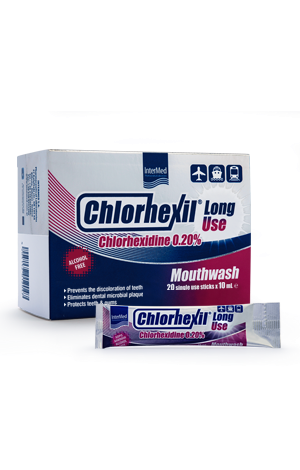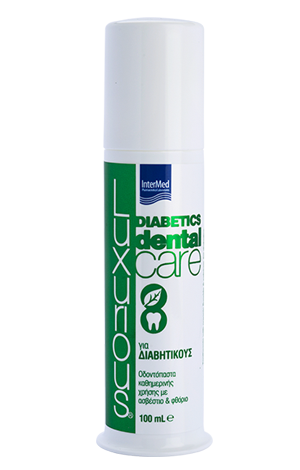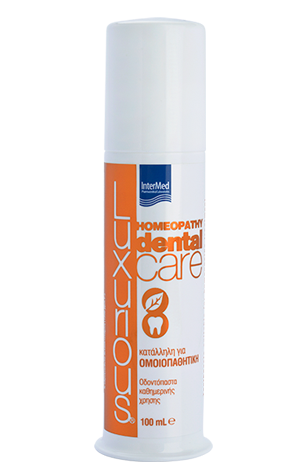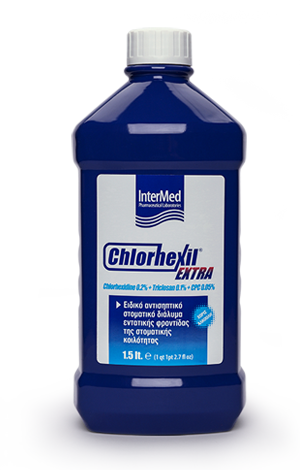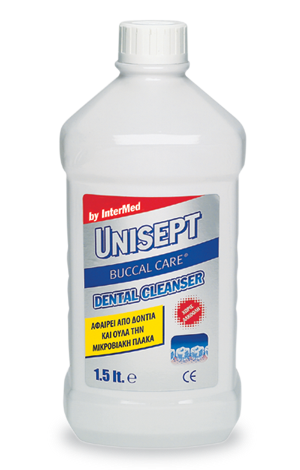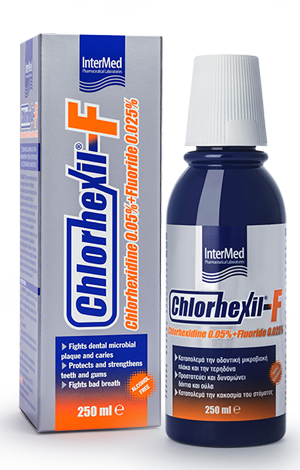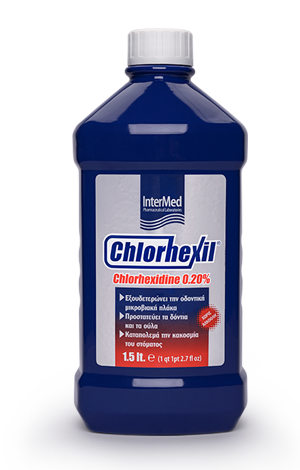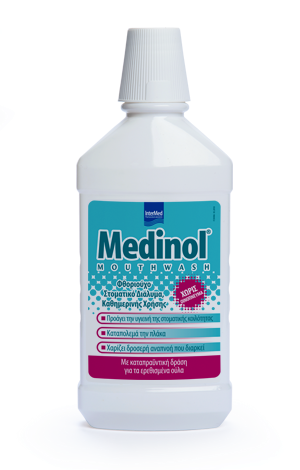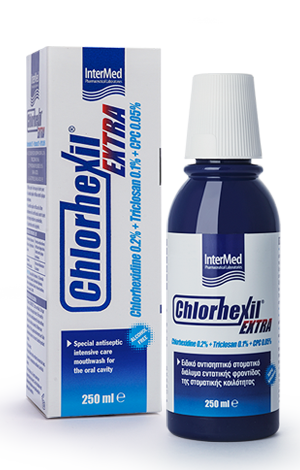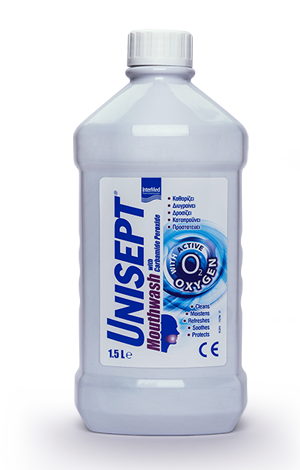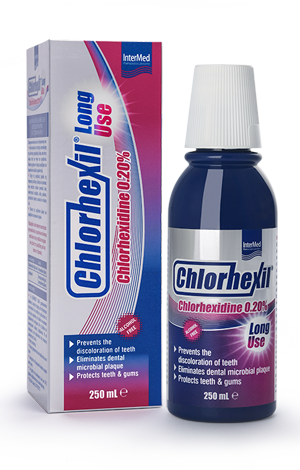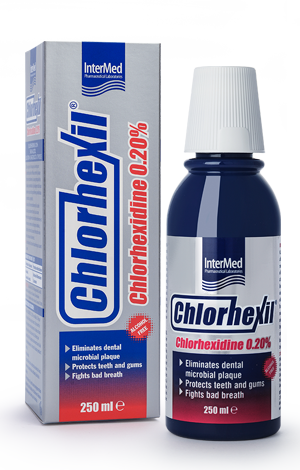Gingivitis
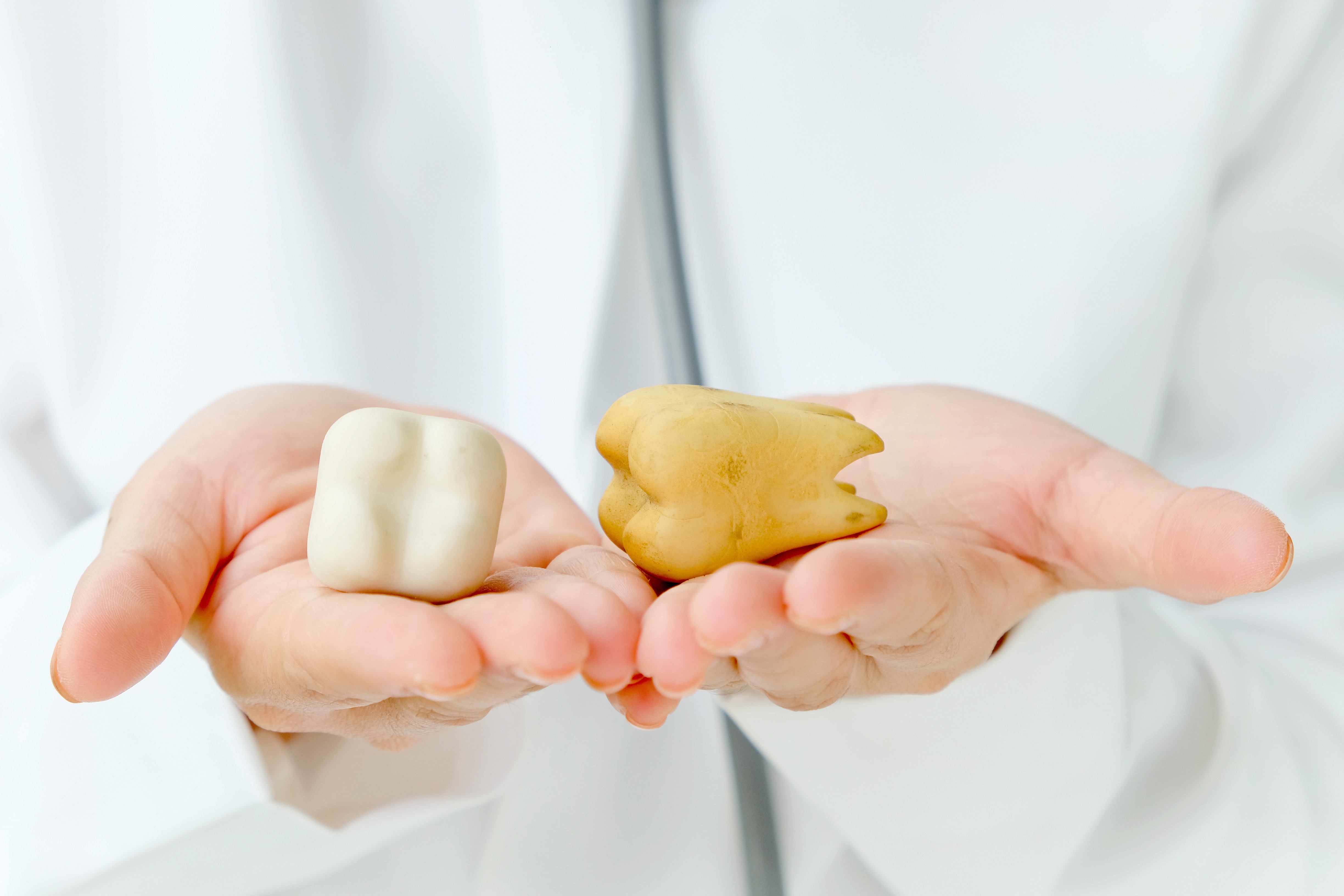
Gingivitis, the first stage of periodontal disease, commonly known as gum disease, starts when the bacteria in dental plaque irritate the gums and cause infection. Left untreated, gingivitis can lead to more serious conditions.
Gingivitis can be treated and reversed if diagnosed early. If your gums are puffy, dusky red and bleed easily, you may have gingivitis. Because gingivitis is seldom painful, you can have gingivitis without even knowing it. If treatment is not received, gingivitis could progress into periodontitis, an advanced and more serious stage of gum disease which includes bone loss and is not reversible.
The most common cause of gingivitis is poor oral hygiene that encourages plaque to form. Plaque is an invisible, sticky film composed mainly of bacteria. Plaque forms on your teeth when starches and sugars in food interact with bacteria normally found in your mouth. Brushing and flossing your teeth each day removes plaque. Plaque requires daily removal because it reforms quickly, usually within 24 hours.
Other factors that may contribute to gingivitis include, diabetes, smoking, aging, genetic predisposition, systemic diseases and conditions, stress, inadequate nutrition, puberty, hormonal fluctuations, pregnancy, substance abuse, HIV infection, and certain medication use.
These information are intended for general information and public information and in no case cannot replace the advice of a doctor or other suitably qualified health professional.


